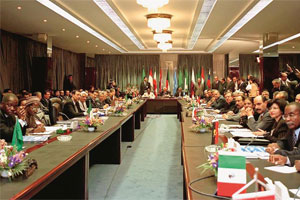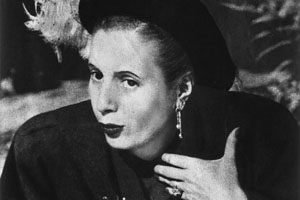It is undeniable that the power of oil has become a part of world economy. Any instability or price increase of this fuel leaves no country indifferent because they all depend on the so-called black gold, for industrial use as well as private use.
However, there are huge inequalities in worldwide production and consumption. Middle Eastern countries have over half of the world’s reserves , which makes many of the other countries dependant and benefits the prices of crude barrels.
Other paradoxes referring to oil point out that the United States produces only 9% and has only 2% of the global reserves, but consumes over one fourth of the world’s production. Meanwhile, Nigeria, a country that has important reserves, does not enjoy its economic privileges, having a quality of life below expectations.
Currently, the world market is dominated by two groups of companies. On one hand, we find transnational companies that originate from consumer countries, and on the other hand are the state companies that belong to producing countries. This second group is especially important because it has nearly 80% of the planet’s known hydrocarbon reserves.
It is worth pointing out that while state companies concentrate a great part of their capacity in the exploitation and extraction segment (supply of raw materials), transnational companies privilege refining activities, distribution and commercialization, as they are clear buyers of oil within the market.
OPEC
One of the most important economic organizations in the world and which groups most of the countries that have reserves and produce oil is the Organization of the Petroleum Exporting Countries (OPEC).
OPEC was founded during the Baghdad Conference in 1960, and only had five countries in the beginning, which were the founders: Iran, Iraq, Kuwait, Saudi Arabia and Venezuela. Without a doubt, world events helped produce changes in the conformation, because during the sixties the great distributing companies (transnational) controlled the price of oil, hindering the countries of origin with an important decrease in barrels sold. Due to this, the governments of some of the main countries that possess this resource got together to unify and coordinate the economic policies that had to be followed, defending their own interests and benefiting their populations.
The following joined the five founding countries (Iraq, Iran, Kuwait, Venezuela and Saudi Arabia): Qatar in 1961, Indonesia and Libya in 1962, United Arab Emirates in 1967 and Algeria in 1969. Later, Nigeria joined in 1971, Ecuador in 1973, Gabon in 1974 and Angola became a member this year. It is worth pointing out that currently, the OPEC is made up of 12 members, because Ecuador withdrew in 1992 and Gabon in 1994.








 Muere Evita
Muere Evita